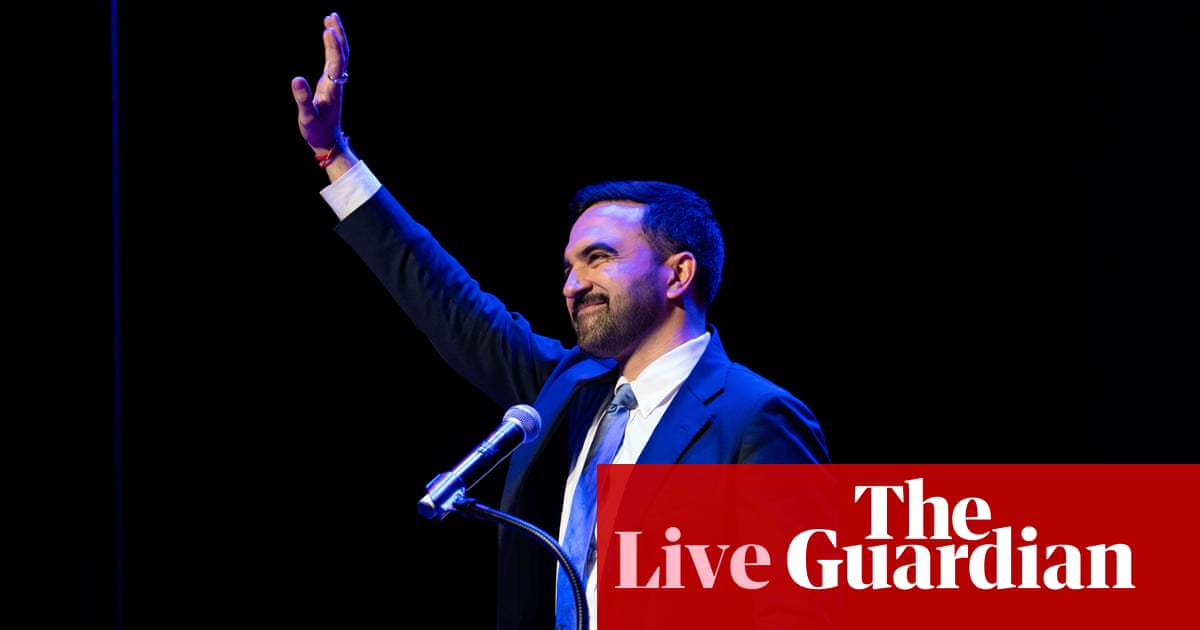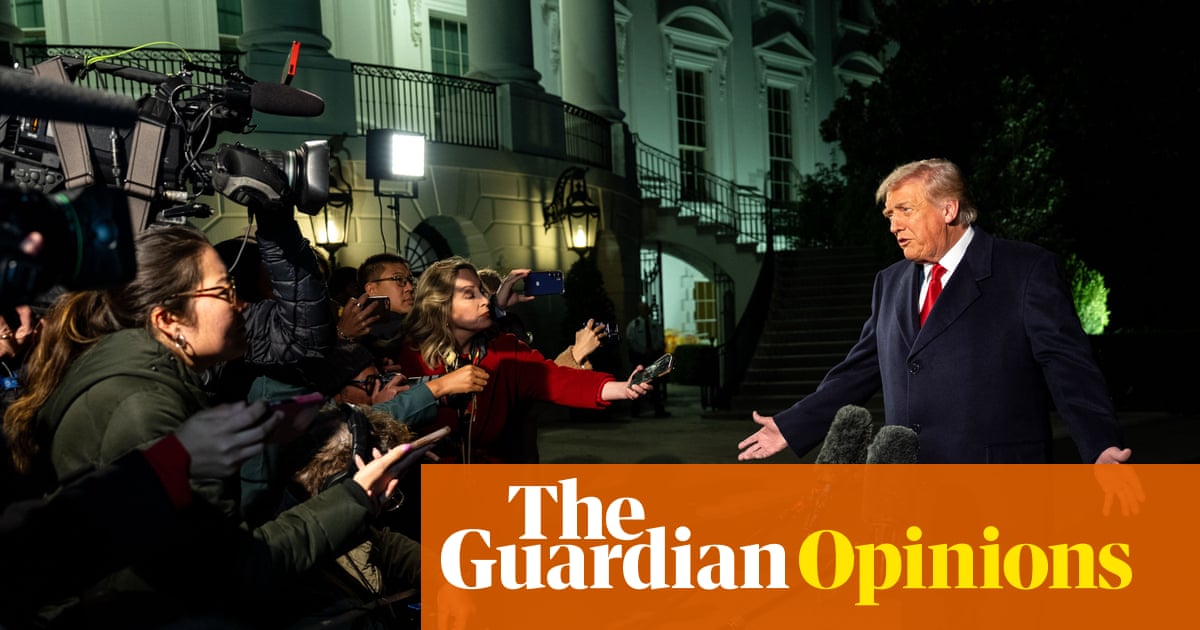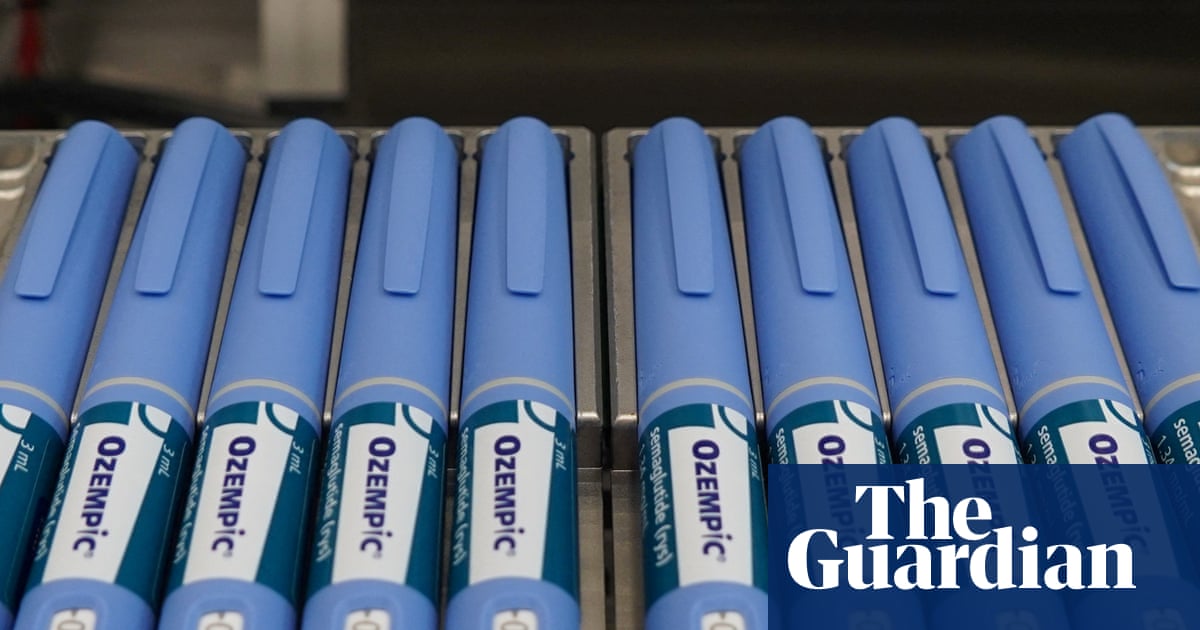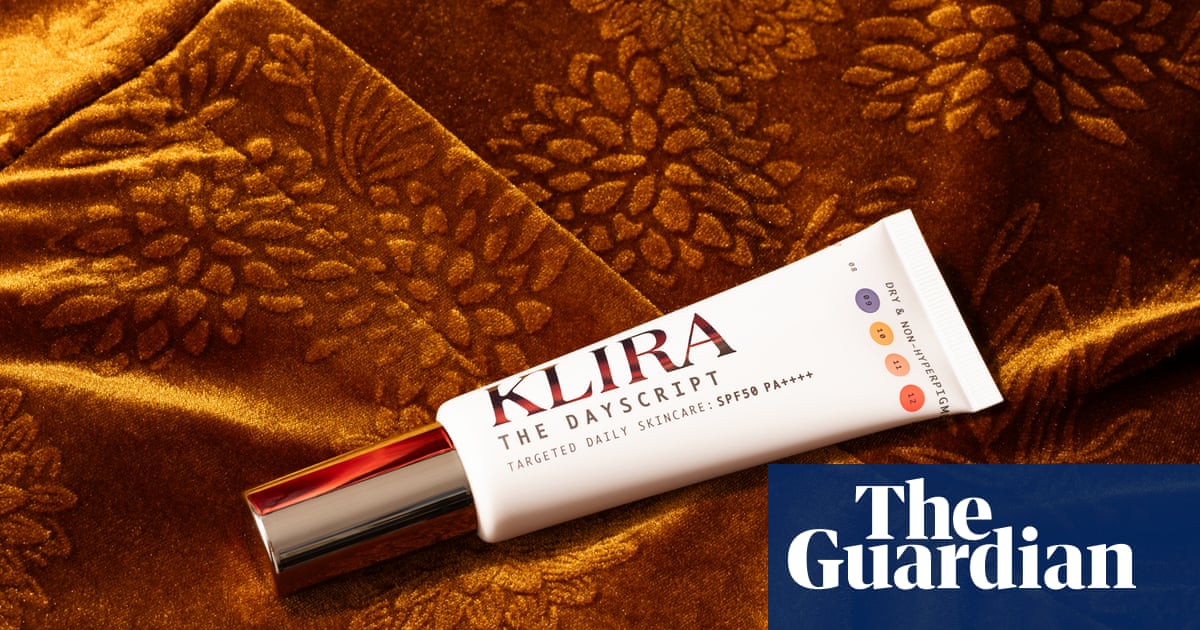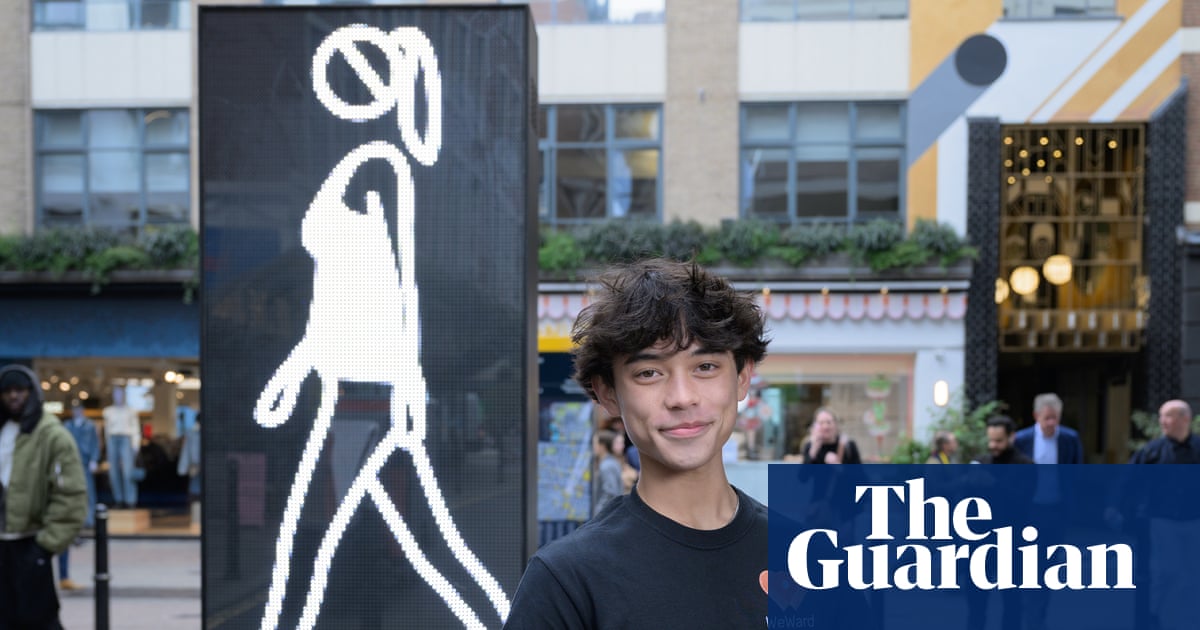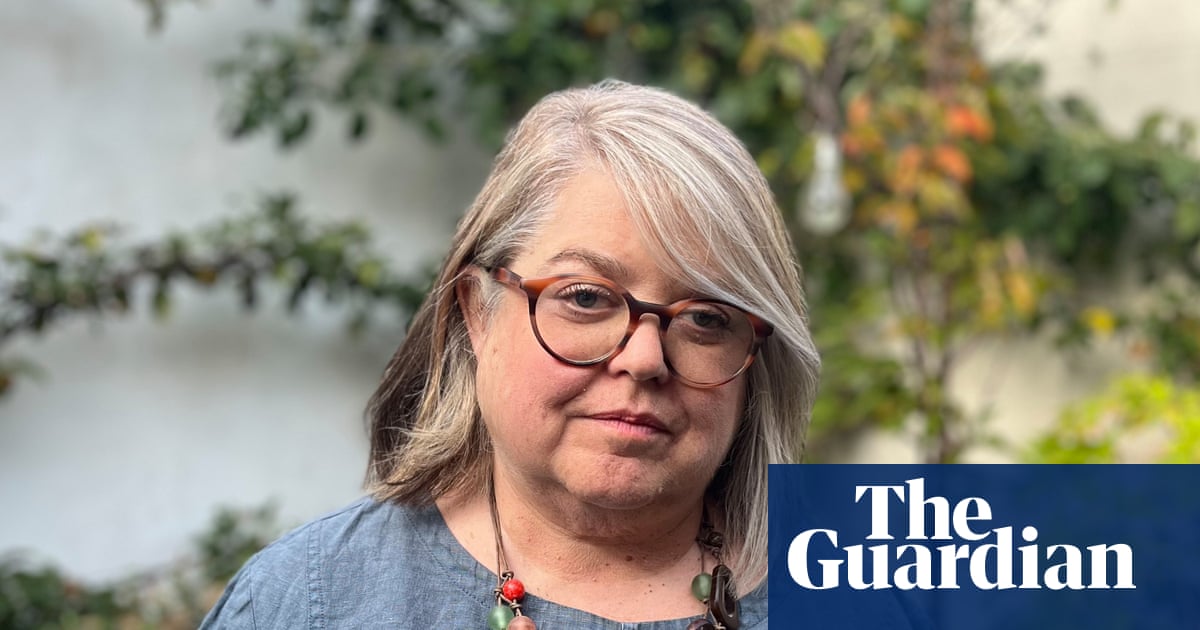Jeffrey Epstein was a very wealthy man, but exactly how wealthy and where that money came from remains shrouded in mystery.
Newly unearthed emails last week shone light on Epstein’s role as freelance client development officer, acting as a channel between political figures and business titans, greasing up the former with lifestyles they could not afford and the latter with avenues of political influence.
Exposure of that channel ended the career of Lord Peter Mandelson, the UK ambassador to the US, provoking a crisis in Britain’s Labour government, after emails showed that Mandelson had steered a $1bn banking deal Epstein’s way and expressed sympathy for Epstein’s 2008 conviction for child sexual procurement.
Emails obtained by Bloomberg and others went further, showing that figures in Epstein’s network of billionaires, politicians, celebrities, royalty and intellectuals were assembled into schemes of influence.
“Jeffrey was a starfucker,” an acquaintance told the Guardian last week. “Anyone he thought had influence he would try to add to his collection. Mandelson is slippery, and impressed by money, so Jeffrey liked that.”
The spheres of influence Epstein created, emails showed, relied simultaneously on access and gifts. Bloomberg obtained a spreadsheet of expenses that in some cases appeared to sync with emails between Epstein and his former girlfriend and accomplice Ghislaine Maxwell, the financier’s convicted sex-trafficking co-conspirator.
One expense, dated 21 December 2005, showed a $35,000 watch for “DB” – the same day that Maxwell and Epstein discussed in emails giving Bill Clinton aide Doug Band an Audemars Piguet with the same value. Band has denied receiving any watch.
In all, the emails include a spreadsheet itemizing nearly 2,000 gifts, luxury items and payments totaling $1.8m.
But the questions about the source of Epstein’s wealth have never been fully resolved. He was worth nearly $600m at his death, thanks mostly to two wealthy billionaire clients – Victoria’s Secret founder Les Wexner and, later, Apollo Global Management co-founder Leon Black – as well as Johnson & Johnson heiress Elizabeth “Libet” Johnson, sister of former US ambassador to the UK Woody Johnson.
Between his collection of lavish homes in New York, Palm Beach and Paris, two private Caribbean islands, two jets and helicopter, Epstein held nearly $380m in cash and investments, according to his estate.
That wealth arrived suddenly. According to associates, until the end of the 90s, Epstein was living in a two-bedroom apartment on Manhattan’s Upper East Side close to the river. It was only when Maxwell arrived from London that his lifestyle was dramatically elevated.
Epstein moved to a townhouse on 68th Street and later to a 28,000-sq-ft mansion on 71st Street, later transferred to him by Wexner in 2011.
Steven Hoffenberg, a former business partner of Epstein convicted of running a Ponzi scheme, claimed that Maxwell’s father, disgraced press baron Robert Maxwell, introduced his daughter to Epstein in the late 1980s.
A 2022 Miami Herald exposé showed complex Maxwell family transactions passing through companies in Jersey, the British Virgin Islands and Panama that it called “a decades-long modus operandi of financial deception”.
In a 2013 corporate filing, Epstein described himself as “an experienced and successful financier and businessman”, an “entrepreneur who has built several highly profitable companies” and “one of the pioneers of derivative and option-based investing”.
Of the more than $800m in revenue Wexner and Black brought in from 1999 to 2018, according to financial statements obtained by the New York Times, Epstein – who was neither a licensed tax attorney nor a certified public accountant – collected at least $490m in fees.
According to Forbes, the two businessmen supplied close to 75% of Epstein’s fee income during that period. Court records from a 2022 case brought against one of Epstein’s banks, JPMorgan Chase, show that Epstein’s US Virgin Islands-based companies were his only “revenue-generating” companies from 1999 to his death in 2019. Under the territories’ economic development program, Epstein is estimated to have saved $300m in taxes between 1999 and 2018.
A 2023 report by the then Senate finance committee chair, Ron Wyden, found Black paid Epstein $170m “for purported tax and estate planning advice”. Black has not been accused of wrongdoing. He said in a 2020 earnings call that he “deeply regretted” his association with Epstein. A report from global law firm Dechert found “no evidence that Black … was involved in any way with Epstein’s criminal activities”.
Wexner claimed after Epstein’s arrest in 2019 that Epstein had “misappropriated” more than $46m of his personal fortune and said in a letter to L Brand employees: “I know now that my trust in him was grossly misplaced and I deeply regret having ever crossed his path.”
But by 2006, with Wexner’s patronage at an end, Epstein’s Financial Trust Company, which had generated $300m in fees, generated less than $5m over five years. His 2008 conviction dealt a further blow and he returned to New York to salvage his reputation and business.
The New York Times reported last week that despite internal red flags about suspicious cash withdrawals and transfers, JPMorgan Chase continued to consider Epstein a treasured customer with more than $200m in accounts. Perhaps more importantly, he unofficially served as a client developer for the private wealth management division.
JPMorgan Chase has described its ties to Epstein as “a mistake”. Epstein introduced bank executives to some figures who would become clients, including Google co-founder Sergey Brin, and to global leaders, such as Israeli prime minister Benjamin Netanyahu, Bill Gates, Elon Musk and Emirati billionaire Sultan Ahmed bin Sulayem.
Epstein received a $15m fee for smoothing the sale of a $1.3bn stake in Glenn Dubin’s $7bn Highbridge Capital Management hedge fund to the bank. Epstein’s connections were by then more valuable than his wealth.
Epstein’s main connection to the bank was Jes Staley, later CEO of Barclays, who was found by UK regulators to have misled them about his ties to Epstein.
Conspiracy theories that Epstein was blackmailing his wealthy connections, snaring them in honeytraps that included models brought into the US, including by Jean-Luc Brunel, founder of MC2 Model Management, who – like Epstein – died in prison while awaiting trial on sex crimes charges, have not come to fruition.
But wherever the Epstein scandal goes next, and whomever else it brings down, Epstein moves like a zombie through the upper echelons of wealth and politics. “He operated a circle with many points of entry,” says the acquaintance, “but now he’s like a wrecking ball rolling across countries.”

 1 month ago
81
1 month ago
81
